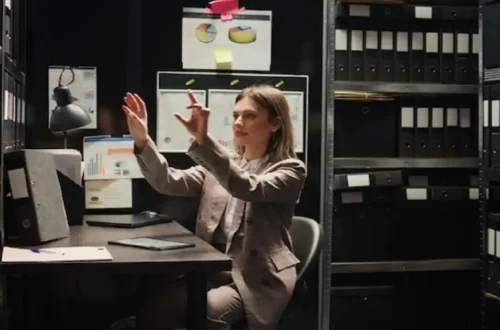In the dynamic world of construction, estimating services are the bedrock upon which successful projects are built. However, beneath the surface lies a landscape fraught with ethical and legal minefields that can threaten the integrity of the industry. From bid rigging and collusion to outright fraud, the ethical and legal issues surrounding construction estimating services demand attention and action.
Understanding Construction Estimating Services
Before delving into the complexities of ethical and legal challenges, it’s crucial to understand the essence of construction estimating services. Essentially, these services involve the meticulous process of determining the costs associated with a construction project. This includes everything from materials and labor to equipment and overhead expenses. Accurate estimation is vital for budgeting, project planning, and ultimately, the success of the endeavor.
The Triad of Ethical Concerns: Bid Rigging, Collusion, and Fraud
Bid Rigging
Bid rigging is perhaps one of the most notorious unethical practices in the construction industry. It occurs when contractors conspire to manipulate the bidding process, either by inflating prices or predetermining the winner of a contract. This deceptive tactic undermines fair competition, stifles innovation, and ultimately harms clients and consumers.
Collusion
Collusion goes hand in hand with bid rigging, as it involves secret cooperation between competitors to gain an unfair advantage. In the realm of construction estimating, collusion can manifest in various forms, such as sharing sensitive information or agreeing to maintain specific pricing structures. Such behavior not only violates antitrust laws but also erodes trust and transparency within the industry.
Fraud
Fraud represents the most egregious violation of ethical standards in construction estimating. From falsifying documents to embezzling funds, fraudulent activities can have far-reaching consequences. Not only do they jeopardize the financial integrity of projects, but they also erode trust among stakeholders and tarnish the reputation of the industry as a whole.
Mitigating Ethical and Legal Risks
Addressing the ethical and legal challenges of construction estimating services requires a multifaceted approach that prioritizes transparency, accountability, and regulatory compliance.
- Regulatory Compliance: Compliance with antitrust laws, procurement regulations, and industry standards is non-negotiable. Companies must stay abreast of legal requirements and ensure strict adherence to prevent bid rigging, collusion, and fraud.
- Transparency and Accountability: Promoting transparency throughout the bidding process and maintaining open lines of communication with stakeholders are essential. Establishing robust internal controls and conducting regular audits can help identify and address ethical lapses proactively.
- Education and Training: Investing in the education and training of professionals within the industry is crucial. Equipping individuals with the knowledge and skills to recognize and navigate ethical dilemmas can help foster a culture of integrity and ethical conduct.
The Role of Technology: Construction Takeoff Services
In the quest for ethical excellence, technology emerges as a powerful ally. Construction takeoff services, powered by advanced software and algorithms, streamline the estimation process, reducing the likelihood of errors and inconsistencies. By leveraging technology, companies can enhance accuracy, transparency, and efficiency, thereby mitigating ethical and legal risks.
Conclusion
In conclusion, the ethical and legal issues surrounding construction estimating services demand unwavering attention and proactive measures. Bid rigging, collusion, and fraud represent significant threats to the integrity and reputation of the industry. By embracing transparency, accountability, and technological innovation, stakeholders can navigate these challenges and uphold the highest standards of ethical conduct.





